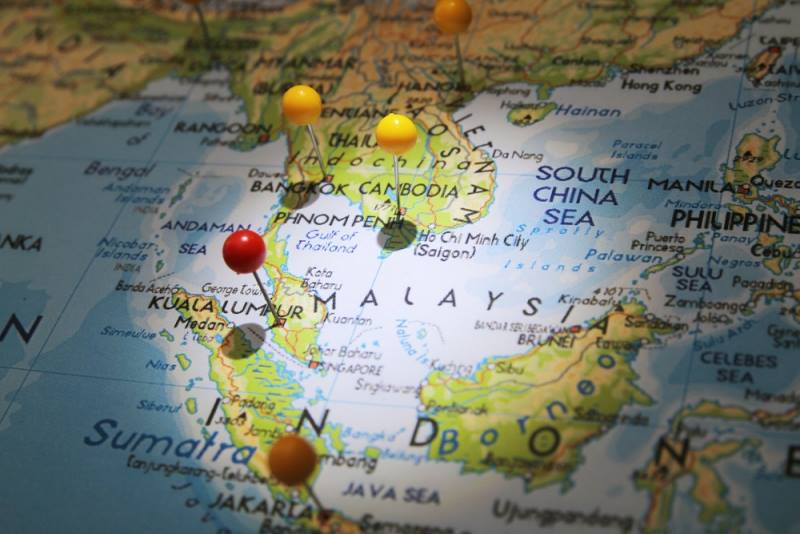There are over 30% of Muslim people in the world, the market of more than 2 billion people’s output value have reached more than NTD 30 trillion three years ago, many experts also predict that the growth in the next 15 years can be 10 times more.With the increasing international Muslim population, manufacturers who want to export to the Southeast Asian market are also raising, and the demand for manufacturers applying for Halal certification has also increased.
Today we will tell you how to get the halal certification
The key point to getting Halal certification is the “raw material”, the raw materials need to be in Malaysia (JAKIM) and Indonesia (MUI) .It can only be used in the list of countries with Halal certification. In addition, you must set up an independent production line dedicated to halal certification, including the plant area and all the machines that used to avoid cross-contamination.
It is strictly forbidden to use ingredients containing alcohol (additional additives) in raw materials and products. The cleaning equipment can be sterilized with alcohol, but you can’t buy alcohol produced by the winery and th cleaning products that contain pig sources are also forbidden. Do you think that you can be a Muslim just avoid eating pork? No! The bristles brushes are also forbidden.The warehouse must be equipped with a halal dedicated warehouse, which separates the raw materials for the production of halal products from the non-halal materials and clearly marks them.In the design of the outer box, there should be no such thing as a curved figure, short clothing, and product name with religious colors.
About the process of applying for Halal certification. Here gives you some key points!
The application for Halal certification requires
- Fill in the application form – all the raw materials, processing aids and spices written on the packaging sample box must be reflected;
raw materials, processing aids and spices must be accompanied by the Halal certificate. , import orders and purchase vouchers - Provide production flow chart
- Attach the outer packaging sample box
- Document review
- Halal survey
- Signing the license (new case: 1 year; renewal: 1-2 years)
In addition to complying with the above specifications, the most important thing is that after obtaining the Halal certification, the “Halal Quality Protection Team” must be established.
The halal quality assurance team members must pass the quality assurance education training course. The team members must include: procurement, product/development, manufacturing, quality control, warehouse management, responsible for handling all aspects of the exclusive halal production line, and at the same time need to cooperate with the survey.
The halal quality assurance team performs the following tasks:
1. Halal Quality Assurance Education Training (1 time/season) – The training content is a summary of the Halal food, a summary of the Halal food production system, and the purpose and significance of the establishment of the Halal quality assurance system.
2. Halal internal audit (1 time / half a year) – raw materials → production → warehouse → shipment, must be implemented in accordance with ISO, HACCP food safety management system, but also include Halal specifications into quality control.
After reading this, are you having a deeper understanding of Halal certification? Wel-Bloom has been deployed many years ago, and obtained Halal certification more than six years ago, we got the tickets entering the international market. The threshold for halal certification applications is high, and the specifications that need to be specifically followed are complicated and also strict. It’s not easy to obtain a certificate in this high specification.So,if you are interesting at the market, here is a great opportunity to be our partner,we will let you make your halal supplement easier!
Go to see what products you can sell
